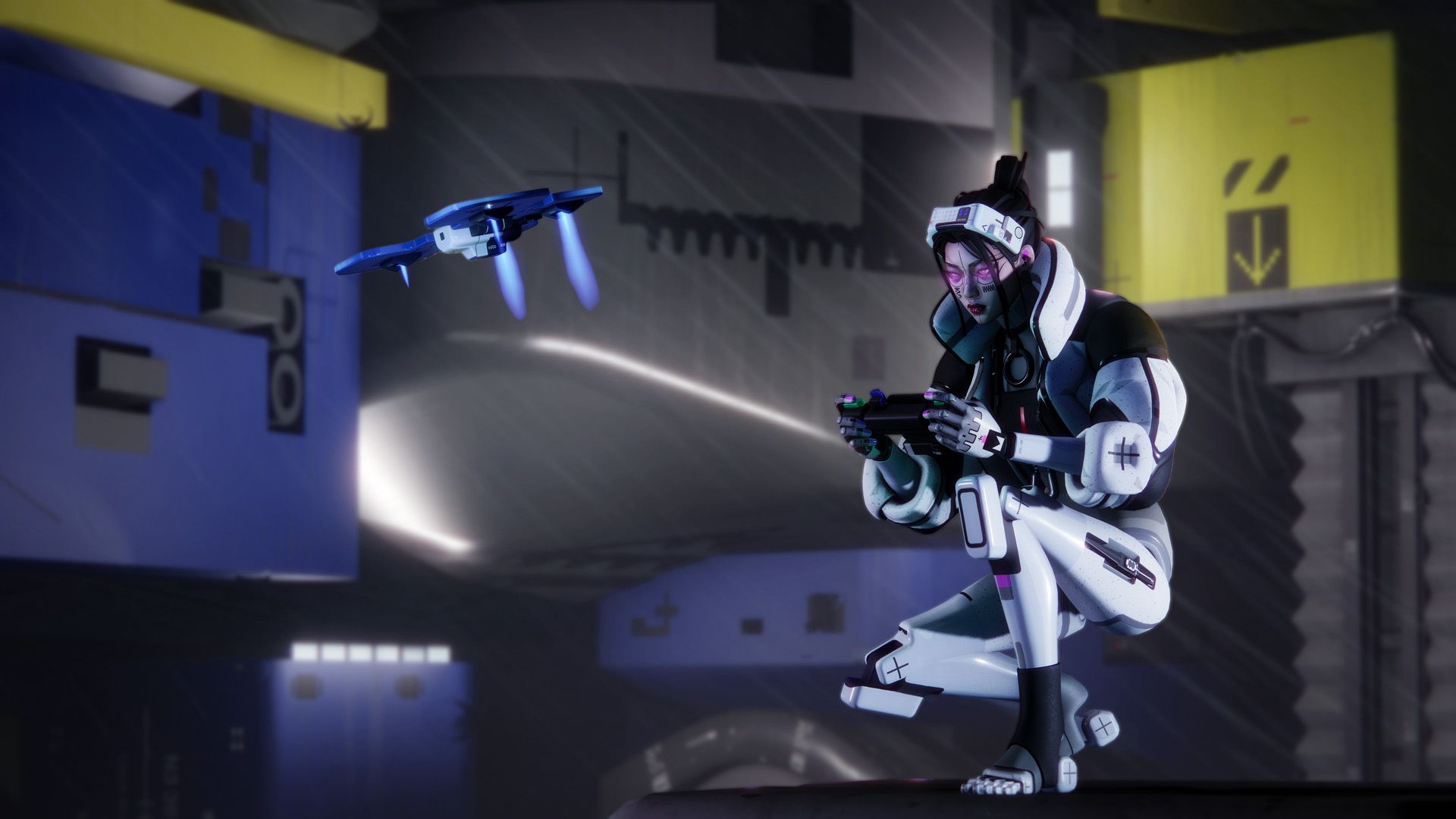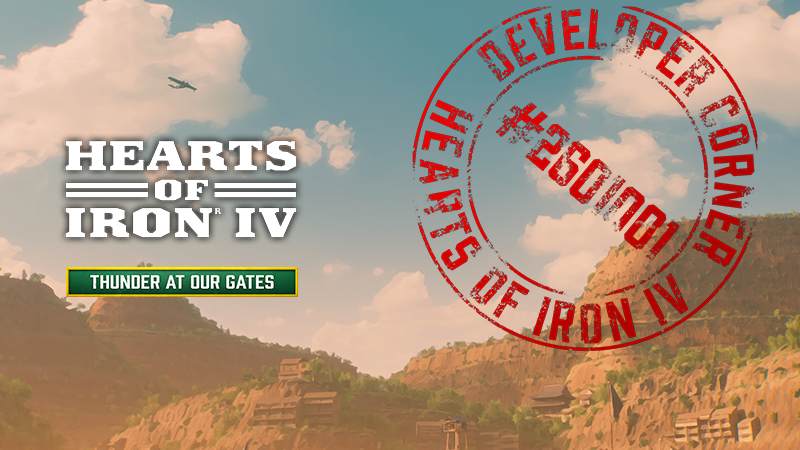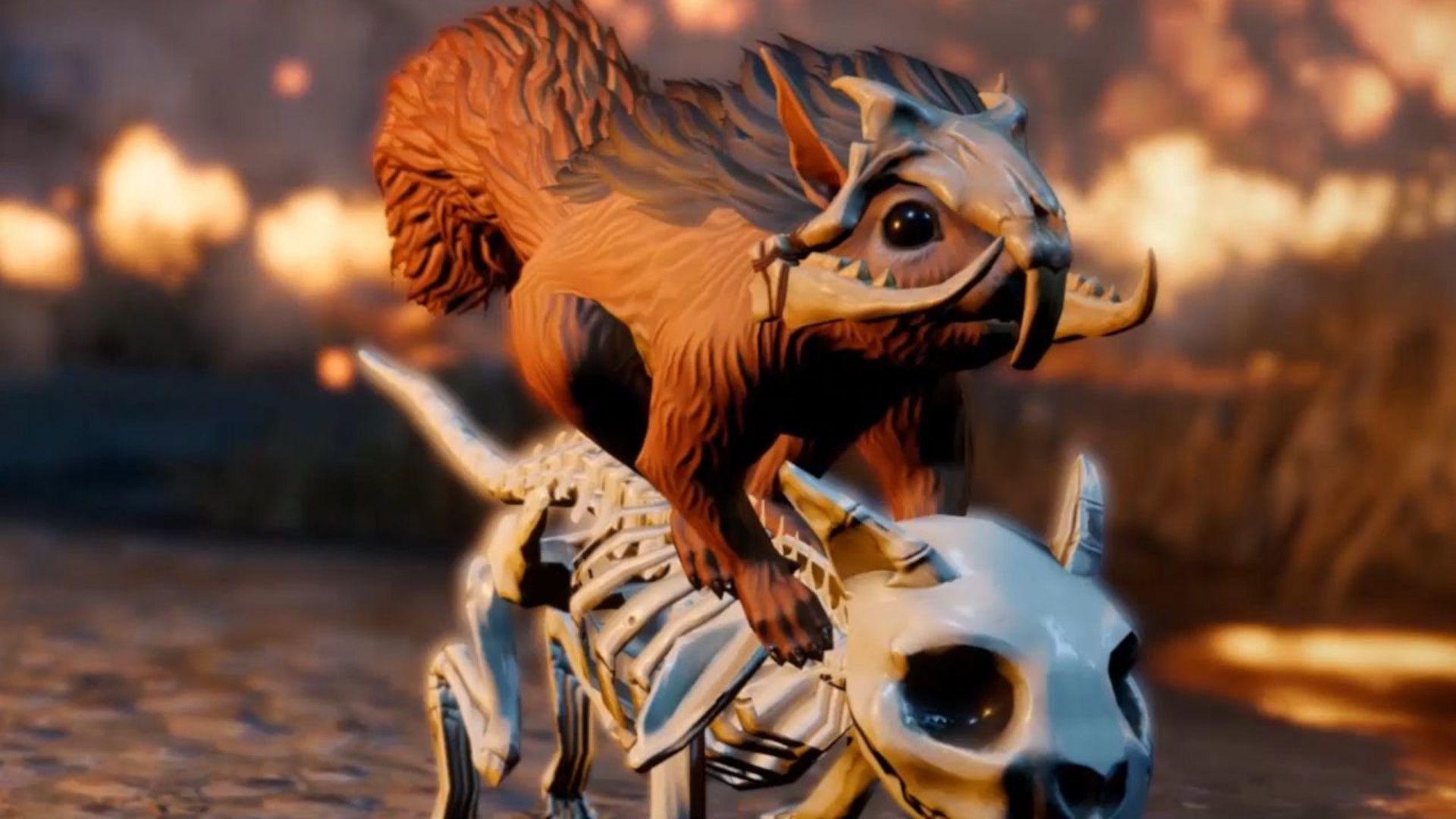/cdn.vox-cdn.com/uploads/chorus_image/image/73081042/zombies.0.jpg)
Image: Fntastic/Mytona
Michael McWhertor
is a journalist with more than 17 years of experience covering video games, technology, movies, TV, and entertainment.
Zombie survival game The Day Before went offline for good on Monday, just 45 days after the game launched to infamy on Steam. It was an ignominious end for the game, which went from one of the most wishlisted games on Valve’s storefront to financial disaster for developer Fntastic.
In the wake of The Day Before’s closure, and in response to what it says are claims from “anonymous former employees” and unnamed detractors, Fntastic posted a lengthy and defensive response to “misinformation [that] has emerged on the Internet” via X on Wednesday. In it, the studio lashed out at anonymous sources purporting to be former employees at Fntastic and to unnamed bloggers who the studio says capitalized on a hate campaign against The Day Before.
“We didn’t take a penny from users, didn’t use crowdfunding, and didn’t offer pre-orders,” Fntastic said in its statement. “Even after the game was closed, we, together with the publisher, returned money to all players, including forcibly issuing refunds to those who did not request them. We are not a fly-by-night company. We have been operating since 2015 and have always conducted our business honestly.”
Fntastic said that another of its games, Propnight, helped co-finance the development of The Day Before. Propnight sold “almost a million copies” since launching in late 2021, Fntastic said.
In response to stories citing ex-Fntastic employees who said that The Day Before was never intended to be a massively multiplayer game, the studio said, “We’re unsure whether these employees are real or not, but we had excellent relationships with our team.” Fntastic defended its financial support of employees and “low churn rate” as evidence of good relations with its staff.
Fntastic had less kind things to say about members of the media, claiming that “certain bloggers made huge money by creating false content […] to gain views and followers, exploiting the lack of information about the game’s development. Their actions triggered a gold rush among content creators due to the game’s pre-release popularity.”
Despite claims that The Day Before’s marketing was misleading, Fntastic said, “We implemented everything show in the trailers, from home improvements and a detailed world to off-road vehicles. We only disabled a few minor features, like parkour, due to bugs, but planned to include them in the full release.”
But “negative bias instilled by certain bloggers making money on hate affected perceptions of the game,” leading to “significant damage” to The Day Before and Fntastic’s reputation, the studio argued.
Despite shutting down, the people behind Fntastic implied that they will continue game development on unannounced projects. “We encourage you to subscribe to our social networks to know what will happen next,” the studio said.
The Day Before launched in December, nearly three years after its initial reveal. When it was first shown, Fntastic described The Day Before as an “open-world multiplayer survival game” set in a “huge, stunningly detailed post-apocalyptic world destroyed by a terrible virus.” After a series of splashy gameplay trailers and highly publicized delays, The Day Before launched in early access on Steam. Immediate response was largely negative, leading Fntastic to announce just days later that development — and the studio itself — was shutting down. The Day Before was quickly pulled from Steam, and the game’s servers went offline on Jan. 22.
Source: Polygon


